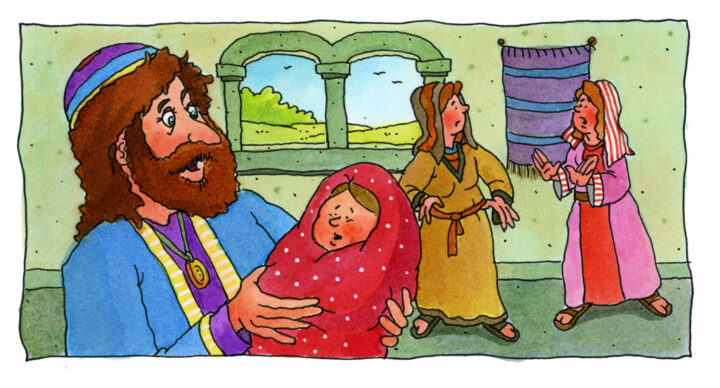Daily Lesson for Monday 20th of January 2025
The incalculable depths of God’s compassionate love for humanity are manifested in Hosea. God had commanded the prophet Hosea, “ ‘Go, take yourself a wife of harlotry and children of harlotry, for the land has committed great harlotry by departing from the Lord’ ” (Hosea 1:2, NKJV). Hosea 11:1-12 later depicts God’s relationship with His people, but with the metaphor of a loving father for his child.
Read Hosea 11:1-9. How does the imagery in these verses bring to life the way God loves and cares for His people?
God’s love for His people is likened to the tender affection of a parent for a child. Scripture uses the imagery of teaching a young child to walk; taking one’s beloved child in one’s arms; healing and providing sustenance; and otherwise tenderly caring for His people. Scripture also states that God “carried” His people just “ ‘as a man carries his son’ ” (Deuteronomy 1:31, NKJV). In “His love and in His mercy He redeemed them” and “lifted them and carried them all the days of old” (Isaiah 63:9, NASB).
In contrast to God’s unwavering faithfulness, His people were repeatedly unfaithful, ultimately pushing God away and bringing judgment upon themselves and deeply grieving Him. God is compassionate, but never to the exclusion of justice. (As we will see in a later lesson, love and justice go together.)
Have you ever been so upset about something that your stomach churns? That is the kind of imagery used for the depth of God’s emotions over His people. The imagery of one’s heart turning over and compassions being kindled is idiomatic language of deep emotions, used of both God and humans.
This imagery, of compassions being kindled (kamar), is used in the case of the two women who came before Solomon, each one claiming the same baby as her own. When Solomon ordered the infant cut in two (with no intention to harm the child), this imagery described the emotional reaction of the real mother (1 Kings 3:26; compare with Genesis 43:30).
|
Anyone who has ever been a parent knows what the lesson is talking about. No other earthly love begins to compare. How does this help us understand the reality of God’s love for us, and what comfort can, and should, we draw from this understanding? |
 (0)
(0)



